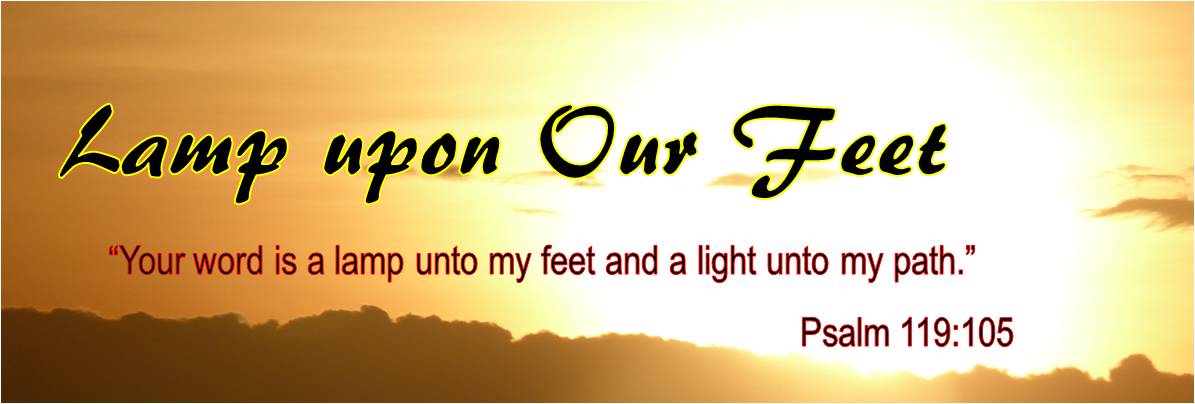He came in the Spirit into the temple; and when the parents brought in the child Jesus to perform the custom of the law in regard to him, he took him into his arms and blessed God, saying: "Now, Master, you may let your servant go in peace, according to your word, for my eyes have seen your salvation, which you prepared in sight of all the peoples, a light for revelation to the Gentiles, and glory for your people Israel."
The child's father and mother were amazed at what was said about him; and Simeon blessed them and said to Mary his mother, "Behold, this child is destined for the fall and rise of many in Israel, and to be a sign that will be contradicted - and you yourself a sword will pierce - so that the thoughts of many hearts may be revealed."
There was also a prophetess, Anna, the daughter of Phanuel, of the tribe of Asher. She was advanced in years, having lived seven years with her husband after her marriage, and then as a widow until she was eighty-four.
She never left the temple, but worshiped night and day with fasting and prayer. And coming forward at that very time, she gave thanks to God and spoke about the child to all who were awaiting the redemption of Jerusalem.
When they had fulfilled all the prescriptions of the law of the Lord, they returned to Galilee, to their own town of Nazareth. The child grew and became strong, filled with wisdom; and the favor of God was upon him.
On the Sunday immediately after Christmas, the Church celebrates the feast of the Holy Family into which the baby Jesus was born. The image of the Holy Family is a model of family life for all. It depicts a family wherein God is present and is not cast out of the picture. After all, it is the family of the Emmanuel, "the God-with-us".
Many families in the world today are faced with so many problems and threats to family life. The Holy Family was not alien to these threats. True, God did protect the Holy Family. But He did not shield them with a force field, an all-weather umbrella or any other supernatural protection. The Holy Family had to endure their problems in the natural way. Often, Mary, Joseph and the baby Jesus are depicted as fleeing from place to place to escape those who threatened the child's life.
Mary and Joseph are both excellent parents. They offered their child in the temple as was required by the law. They treated Jesus as a gift from God. They offered Him back to God and did not prevent Him from fulfilling His mission. This serves as a reminder for parents. Often, they forget that their child is a gift from God. Many infants today are found dead or abandoned. Others are more unfortunate, for they are killed while still inside the womb. Then there are those who are fortunate enough to be welcomed and loved by their parents. But so much so that their parents control wish to control their whole lives. Many parents dictate what they want their child to be in the future. They do not give their child the opportunity to be what God called them to be. They do not offer their child back to God, unlike Mary and Joseph. One can imagine how much more priests we would have right now if some parents didn't hold back their beloved children from their vocation. It's not just in the priesthood, it could be in other courses. Many parents would force their children to take up courses with the sole purpose of earning money or perpetuating the family business, thus preventing their children to be happy and to use their God-given abilities.
Mary and Joseph were never selfish. They shared Jesus to others and offered Him back to God. Imagine how painful it was for Mary to know that a "sword shall pierce her heart" (Lk 2:35). And how much more painful it was to see her son dying on the cross. It was the greatest act of sacrifice for a mother. Why couldn't the parents of those who wish to enter the seminary do this?
As Mary and Joseph are model parents, so their son Jesus is a model for children. Jesus was God and had authority as such. But He chose to be obedient to Mary and Joseph. He probably helped Joseph in carpentry. Jesus was also very obedient to His real Father which is God. In fact, His obedience is the very reason He was born. He obeyed His Father's plan of salvation.
Amidst the threats against family life in our modern times, let us look again to the Holy Family to be our model and source of strength. Let us remember that they too, as a normal human family, had many difficulties. But these were all overcome. The secret of this blessed family is very simple: God was present in them. They are the "Emmanuel Family". They were obedient to the Father's will.
Our family life should be patterned after the Holy Family. We must let God enter the family and reign in it. We should pray and attend Mass as a family. As the popular saying goes, "The family that prays together, stays together." And indeed, it shall not only stay together; it shall be blessed by God.







